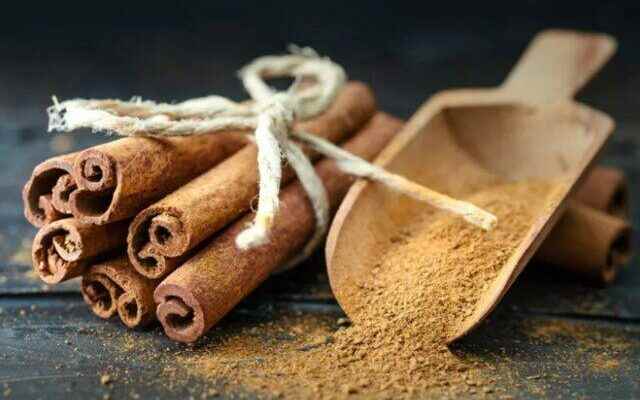The importance of proper nutrition to be healthy is stated at every opportunity. However, the food we eat can affect not only our health, but also our body temperature and appearance. Lack of adequate protection in cold weather increases our risk of catching diseases. Raising the body temperature and not getting cold is a precaution we can take against diseases. One of the ways not to feel cold is to consume foods that raise our body temperature.
FOODS TO PREVENT OUR COLD
CINNAMON
If you are easily affected by cold weather, cinnamon stands out among other spices with its warming feature. Putting a teaspoon of cinnamon powder on your tongue before going out into the cold air helps the blood flow to the body surface, which helps to warm the body. You can warm your heart on winter days by adding cinnamon to salep, which is the indispensable drink of the winter season. If you want, you can use cinnamon as you wish by brewing your teas with cinnamon sticks.
HALLICAN
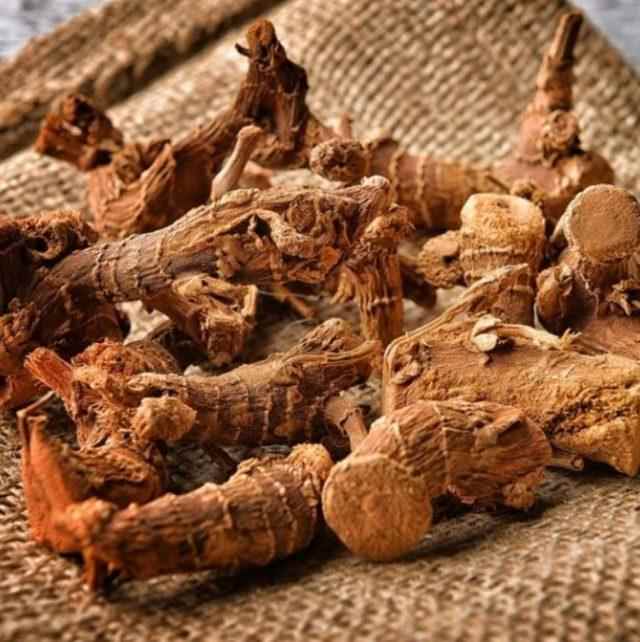
Galangal, whose name is not known much, is a plant from the ginger family. Also known as Chinese ginger. However, its taste is not very similar to ginger. The stem parts of the root of the galangal are used as a spice. The root part of galangal, which is a plant that increases body temperature, is also used by brewing in the form of tea. You can add 2 teaspoons of finely chopped galangal root to a glass of hot water and infuse for 10-15 minutes. Keep in mind, you should consume the demi by straining it. To suppress the bitter taste, you can add honey after it has cooled.
BLACK PEPPER
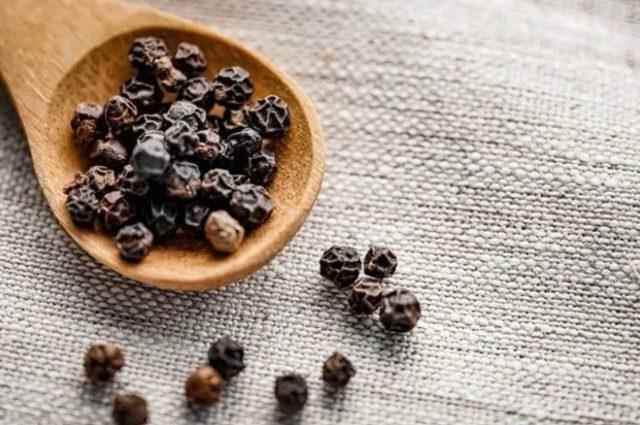
Black pepper is good against bacterial infections. The manganese, potassium, vitamins A and C, iron and dietary fibers it contains give black pepper an effective antioxidant and natural antibiotic properties. The piperine substance in black pepper stimulates the nervous system and supports the body’s heat production. This also increases the metabolic rate. You can sweeten the dishes by reducing salt consumption and adding half a teaspoon of black pepper to each meal instead.
CHILI PEPPER
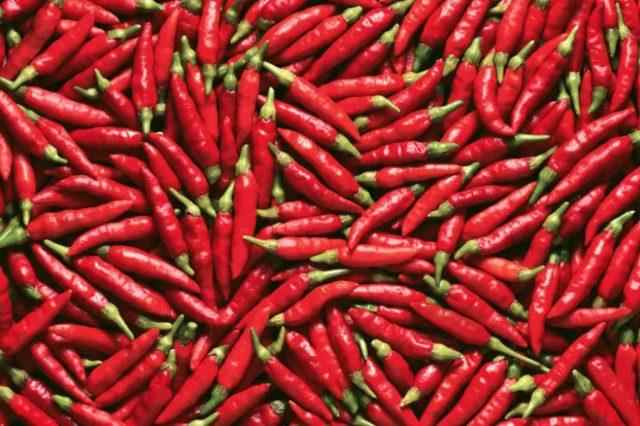
Some spices are thermogenic, in other words, they have the feature of raising body temperature. Capsaicin, which gives red hot peppers its bitterness, also increases thermogenesis. We begin to expend more energy immediately after eating a meal containing capsaicin. As a result, our body temperature rises and our metabolic rate also increases.
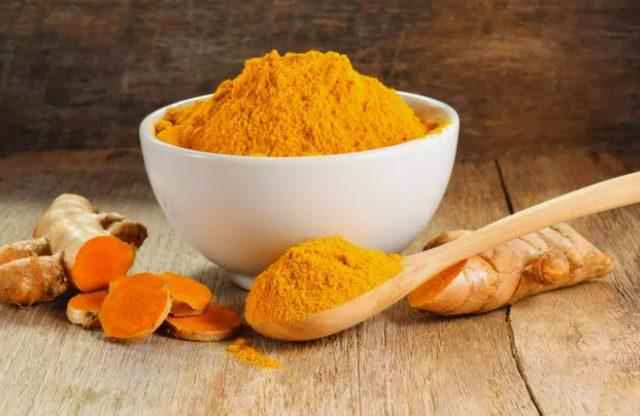
The active ingredient of turmeric, also known as Indian saffron, is curcumin. It increases body temperature with its thermogenic effect. It is enough to take 1-3 grams of turmeric daily. You can mix turmeric with honey or add it to meals, soups, and salads. You can also opt for turmeric milk before going out. Add half a teaspoon of turmeric, a quarter teaspoon of ginger, a teaspoon of cinnamon and honey to 1 glass of warm milk, warm you up with this delicious drink.
GINGER
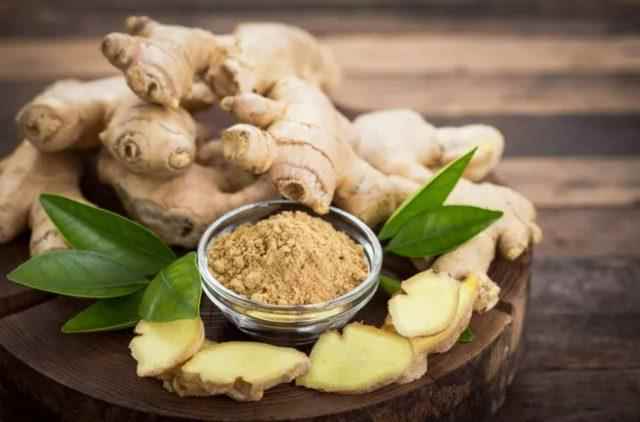
Fresh ginger is a plant root that keeps the body temperature in balance and contributes to the improvement of hypothermia developing in the body. It is enough to add 1 teaspoon of powdered ginger root to your soups to increase your falling body temperature or to warm up on cold winter nights. You can also brew ginger and cinnamon in hot water for 5-10 minutes and drink it as tea. If you want, you can make cookies from powdered ginger and accompany you to tea hours.
